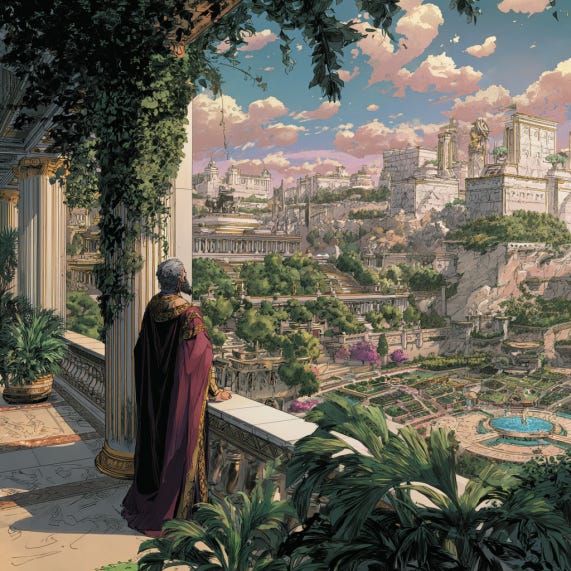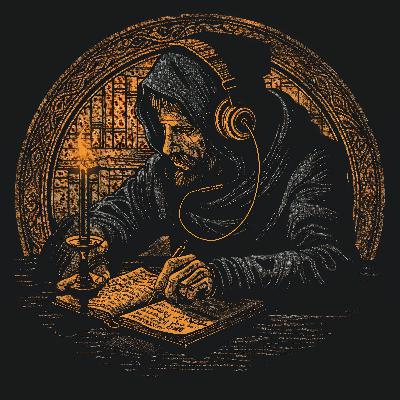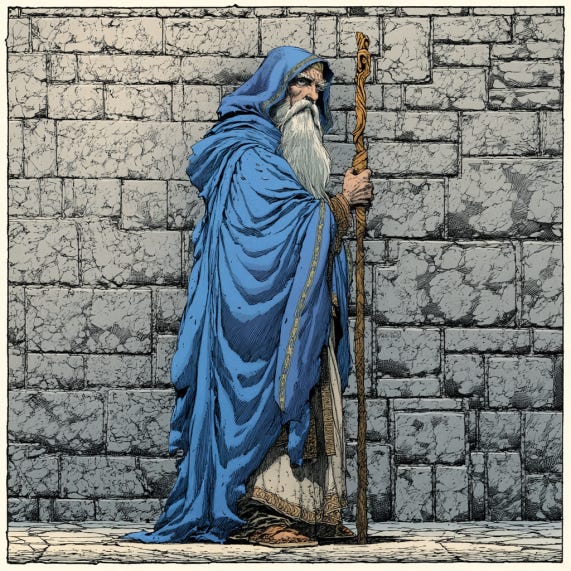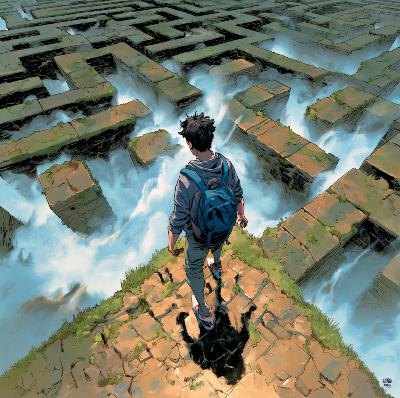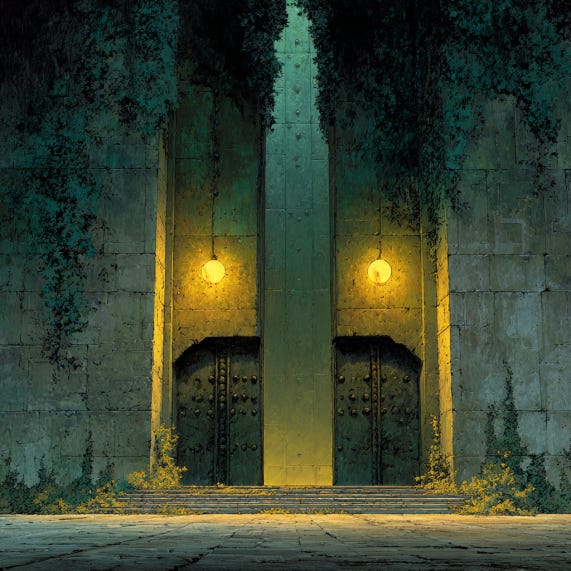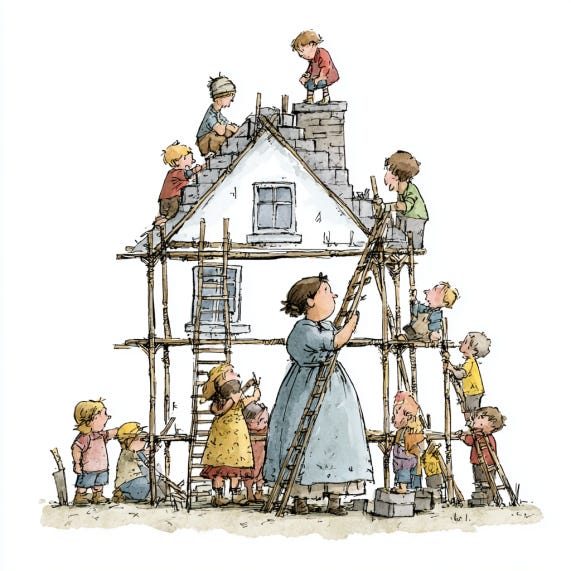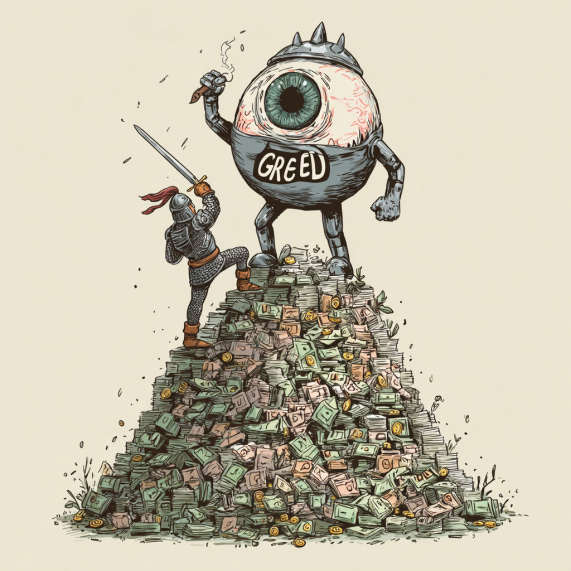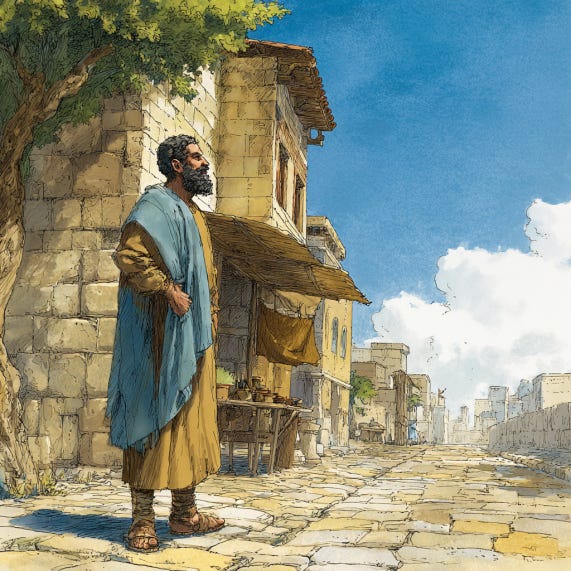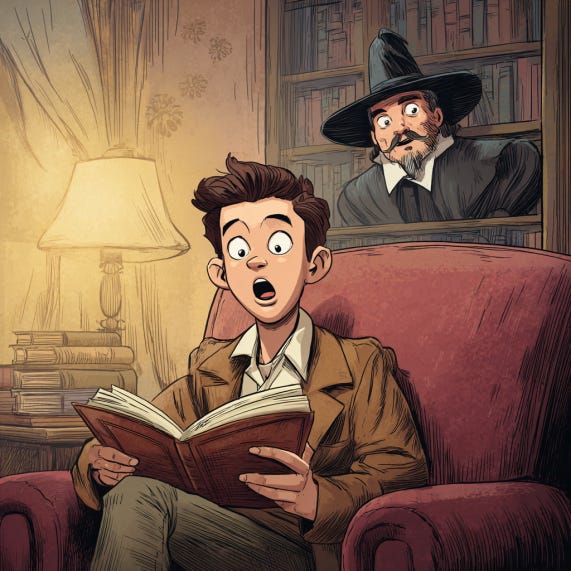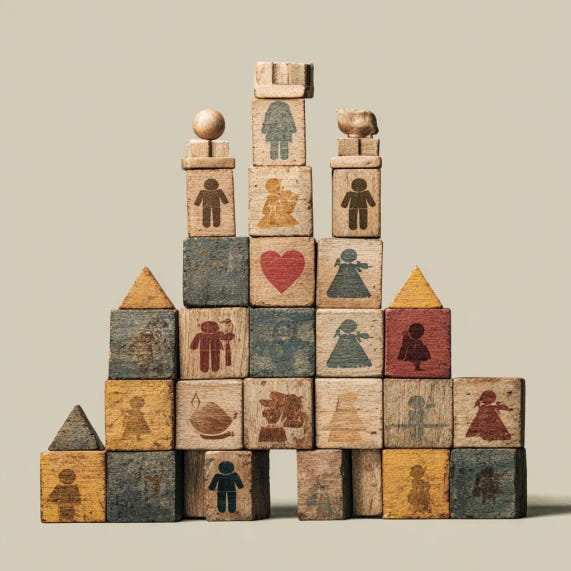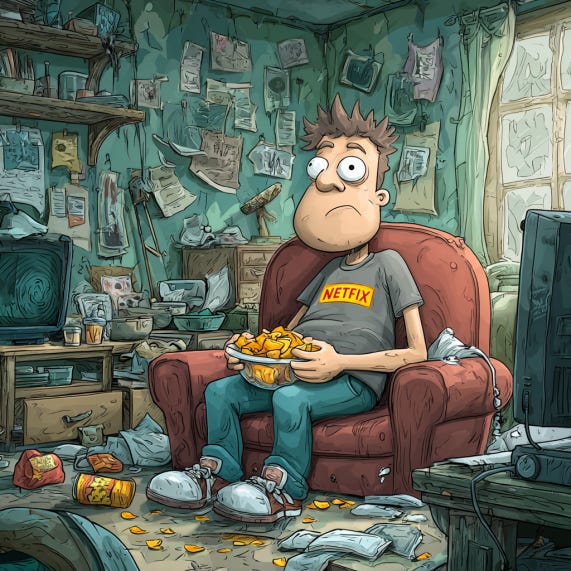Ep 108: The Search for Meaning (Ecc 1:12-16).
Description
On his quest to search out the meaning of life, here is where Solomon starts: I set my heart to search out by wisdom all that was done under the sun. And here is his conclusion, his summary based on everything he has seen in life (v14): “I have seen everything that is done under the sun,” says the preacher, “and behold, all is vanity and a striving after wind.” All is hevel, all is temporary and insubstantial. It’s over quickly, and it’s impossible to hold on to it. Solomon’s overarching observation on life is simply this: it is all passing quickly, it is a chasing after the wind.
Solomon begins unpacking this big-picture conclusion with a riddle in verse fifteen: “What is crooked cannot be made straight, and what is lacking cannot be counted.” Now what we have in this verse is a proverb. Check out the Book of Proverbs (also mostly written by Solomon) and you’ll find piles of these things. A proverb is a short, pithy, wisdom saying, a poetic expression – not intended necessarily to give you a quick easy answer, but an expression rather designed to make you think. You don’t speed read proverbs, you hold each one in your hand like a rubics cube and ponder it. You feel its weight, you consider its parts, you digest it slowly. That’s what Solomon wants us to do in here in verse fifteen, we’re not here for easy answers, we’re here to pause and consider. So let’s do that, let’s pause and consider what Solomon is saying here in this proverb.
“What is crooked cannot be made straight, and what is lacking cannot be counted.” What does Solomon mean by this? Well, in his quest to understand life, Solomon’s first observation is pointing out a single basic truth: that there is something wrong with the world. This is what he means when he speaks of crooked things – there is something wrong with the world. He also says that there is something missing in the world, this is what he means when he speaks of the things that are “lacking.” There’s something wrong with the world, and there’s something missing in the world – that’s what this proverb is meant to convey to us.
And does that not make perfect sense? I was talking with an unbeliever a few months ago, and they were objecting to the Bible’s teaching that people are sinful. And I said to this person: “But surely you can see that there’s something wrong with the world?”And – unhesitatingly – this person agreed. There is something wrong with the world. When someone kills someone else, it’s wrong. When women or children are abused, it’s wrong. When families fall apart and the kids are scarred for life – something is wrong. And yet, these sorts of things happen every day in the world around us. This is the world we live in. Solomon is reminding us of Genesis 3, this is a fallen world.
So then, as we begin trying to understand life, what Solomon is saying here is this: pay attention and take note, there are crooked things in this world, and there is something lacking.
Now our tendency, when we see these crooked things, when we see the things that are lacking, is that we start thinking about how we can straighten what is crooked and how we can supply ourselves with what is lacking. That is a natural response to the world, you actually see people trying to do this all the time. Governments get re-elected by promises of straightening crooked sticks, they try and fill what is lacking with tax-payers dollars. And we do it on a personal level as well, we try and fix the crooked things in our lives, and we try and fill the gaping holes of what is lacking.
But take note here of what Solomon is saying, because it’s profound. What he is saying is you won’t solve it that way. What is crooked cannot be made straight, and when it comes to what is lacking – forget about meeting the need, you can’t even count the problems! Here is wisdom: if you want to make sense of life, if you want to come to terms with what it means to live in a fallen world, then you need to realise that you do not have the capacity to make the crooked straight. You do not have what it takes to fill what is missing. Governments need to realise that it is not within their power to fix the world (this is why the election cycles become so tedious by the way). A generation comes, a generation goes, new promises and new plans, but the government is no messiah, and we cannot be messiahs either. Can you make a church healthy? Can you fix a broken family? Can you even fix yourself? Free yourself of that addiction? Make yourself a better person? As you look around and see the brokenness of a fallen world, a step in the right direction is to come to terms with your own impotence. As I’ve said before, Solomon doesn’t offer easy, pretty answers in this book – but he does offer honest ones.
So we can’t make this crooked world straight – but it’s worse than that too. We’re so limited, that we can’t even get our heads around the problem: “what is lacking cannot be counted” Solomon says. And so there was Solomon, with more wisdom and understanding than anyone who had ever lived, and as he looked around himself at the world and tried to understand everything he saw, trying to fathom what was missing in the world, no matter how hard he tried, this was the place where he landed: “What is lacking cannot be counted.” In other words Solomon, the wisest man in the history of the world, was bewildered!
So let me apply this to our lives: you are not called to fix the world, you’re not even called to try and get your head around everything that is wrong, because the simple fact is that you can’t. What’s wrong with the world? How can we fix it? How can you make sense of all the mess in your life? How can you fix the things that are going wrong in the lives of your loved ones? These are questions with only God-sized answers – and we are not God. This is how verse 15 teaches us to fear the LORD which, again according to Ecc 12:13 , is Solomon’s ultimate goal in this book.
To fear the Lord is to have a true and living grasp of our own limitations. You see, we are not God. We can’t solve all of life’s problems, we can’t fix the world. Think about this in the bigger picture of history, think about even the most influential people you’re aware of. Think of Abraham, King David, the Apostle Paul, Augustine, Martin Luther, John Calvin… in the grand scheme of things, these people are tiny. They didn’t save the world, they didn’t straighten out everything that was crooked, they didn’t solve everyone’s problems. They played one small part in the much bigger plan of a Sovereign God. To fear God, then, is to have a well-established awareness of our own insignificance. It is find our small part in the immensity of history, and to play that part faithfully. We are not called to straighten the crookedness of the world.
No, this is what it took to straighten out a crooked world and supply what was lacking. It took God himself, coming to earth in the person of Jesus Christ, the Son of God. When that baby was born in Bethlehem, the very foundations of the world were shaken. The shockwaves of God’s mighty power began to reverberate, and as history has unfolded, his power has continued to work through it all.
Do you want to understand the meaning of life? Solomon tells us to begin by embracing our limitations. We are not mini-Messiahs, there is only one Messiah. Look to God. Look to Christ.
At first glance, verse 15 of our passage might sound a little doom and gloom. Yet there is a glorious hope woven through it. A wonderful freedom and even a kind of glory in knowing your own limitations. You don’t need to get your head around all of life’s problems. You don’t need to live other people’s lives for them. You don’t need to solve everything. All you need to do, in any given moment, is live that moment in the fear of God. Look to him, and live each moment to please him.
God doesn’t call you to change the world. He calls you to live each moment well, to depend on him, in Christ, through the Spirit.
So know this: you can’t change the moments you’ve lost, and you can’t yet live the moments that haven’t come. What you can do is live this moment, right now, in the fear of God.
Life will tempt us to ask big questions, questions that we cannot answer. They will perplex and challenge us. And yet, in the midst of this troubling existence, in the middle of life’s difficult questions, God speaks and says to us: I will do it. I will make the crooked straight.
As Jesus was about to enter the world, the prophet John the Baptist declared, “Prepare the way of the Lord, make his paths straight. Every valley shall be filled, and every mountain and hill shall be made low, and the crooked shall become straight.” Ultimately, it is God who will fill what is lacking.
Get full access to Old things New. at rcbhpastor.substack.com/subscribe


